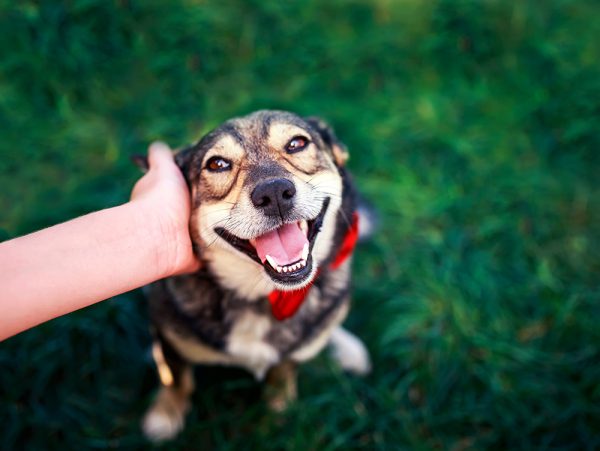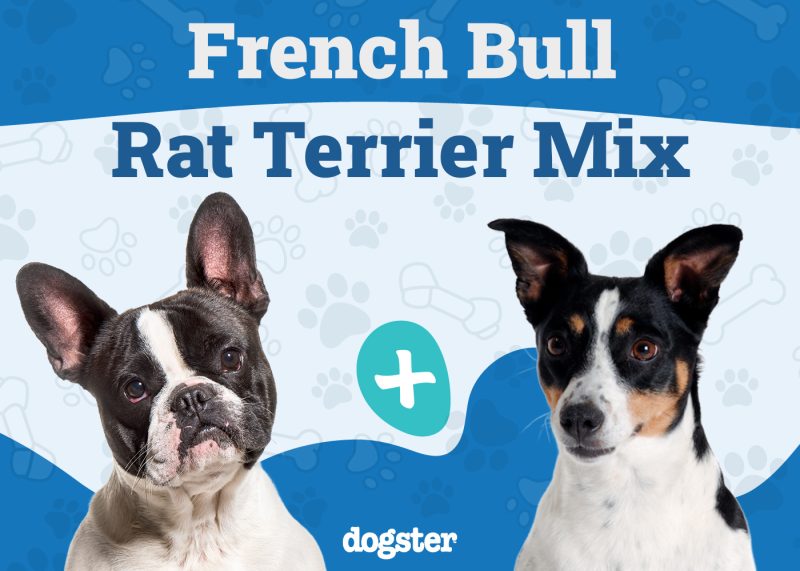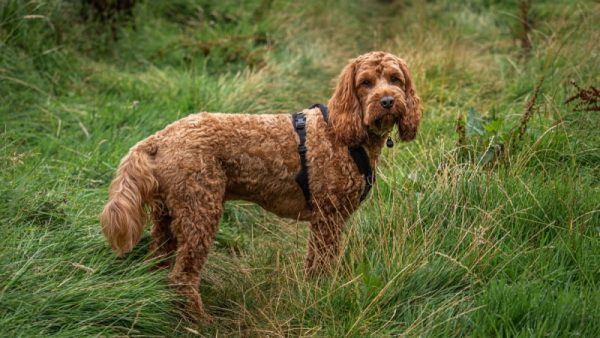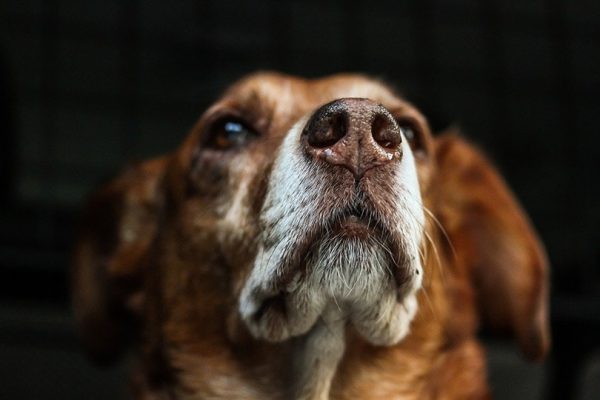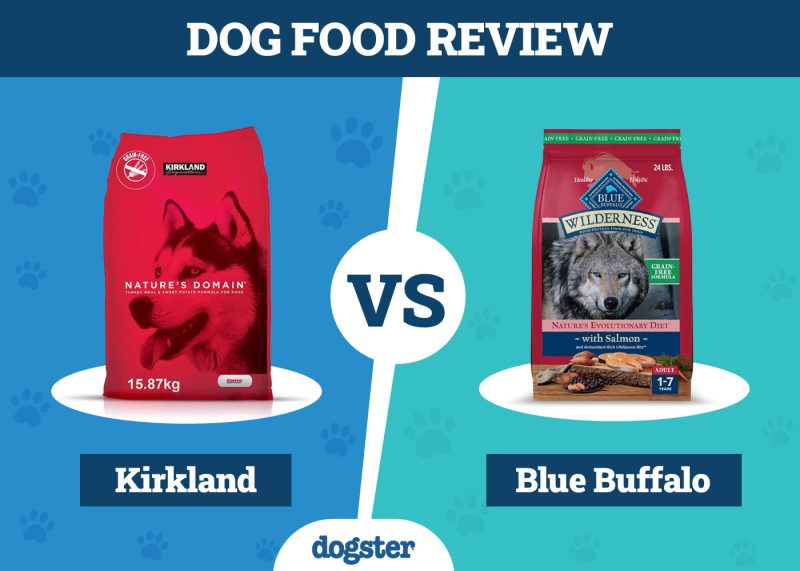Cockapoos make great family pets. They are gentle and loving dogs who are good with other animals and children. They are also relatively easy to train and have a lot of personality, and many people believe Cockapoos are hypoallergenic. As a matter of fact, this is incorrect. Despite popular belief, Cockapoos are not completely hypoallergenic. The truth is, that Cockapoos are considered to be moderately allergenic, which is why they would not normally be housed with people who suffer from severe allergies.
All dogs can cause allergic reactions in some people—even so-called hypoallergenic dogs like Cockapoos. If you already suffer from allergies to any other animals, we recommend that you consult a doctor prior to getting a Cockapoo.

Cockapoos Can Be Lower Shedding Dogs
A Cockapoo, sometimes called a “hypoallergenic dog,” is a hybrid of a Cocker Spaniel and a Poodle. Cockapoos are generally considered to be lower-shedding dogs, though they may still produce small amounts of hair. This is likely due to the Cockapoo’s mix of genes. The more the Cocker Spaniel genes dominate, the more the dog’s hair will shed. However, if the Poodle genetics are stronger, this means that they will not shed as much as some other breeds and may be able to keep their coats relatively intact.
This can be a good choice for people who are looking for a dog that doesn’t require as much frequent cleaning or causes them to have to frequently vacuum their homes. But what does this mean for allergies?

Hypoallergenic vs Lower Shedding Dogs
Hypoallergenic is a word that may mean different things to different people. In general, there is a common consensus in the scientific and medical community that hypoallergenic means “not allergenic.” However, there are some people out there, particularly in the dog-loving world, who conflate the word hypoallergenic with “lower shedding.” These are two very different meanings, depending on who you talk to.
Usually, when dog people talk about hypoallergenic dog breeds, they are referring to dog breeds that shed less than their counterparts with more hair fall. But be aware that when applied to dogs, the term “hypoallergenic” does not mean the dog is completely free from allergens. We’ll look at the science behind that statement next.
Allergic Reactions to Dogs
Dogs are so loved by humans that the majority of US households own one. Pet allergies affect 30% of Americans with allergies, according to the Asthma and Allergy Foundation of America. Pet allergies caused by proteins in dog saliva, urine, or dander are also much more likely to develop in people with asthma or other allergies. Some people find it hard to resist owning or being around dogs, even though they may cause them discomfort including sneezing, itchy eyes, congestion, and other irritating reactions. Wouldn’t it be wonderful if there were dogs that were truly “hypoallergenic” for pet allergic individuals?
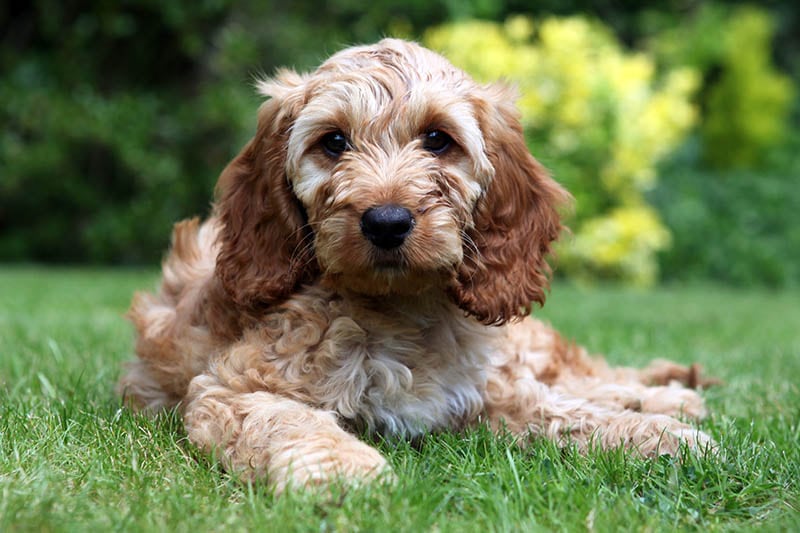
A Closer Look at Dander
Dogs are not only a major source of joy, but they are also one of the major sources of shed hair that can be seen in our homes. In all that fuzz, it’s possible for dead skin cells or dander to get trapped. As a general rule, allergies to pets tend to be triggered by the dander that they shed on a daily basis. Because dander is so small, it can stay airborne for a long period of time with just a little air circulation in the room.
In addition to this, it is important to keep in mind that dog allergens can adhere to carpets and bedding as well as upholstered furniture and clothing. Although some breeds are more likely to shed fewer hairs than others, it cannot be guaranteed that any breeds will be allergy-free.

Hypoallergenic Dogs
The theory is that dog breeds described as hypoallergenic are less likely to trigger allergic reactions in people who are sensitive to them. This is thought to be due to the fact that the physiology of these dogs has evolved in a way that makes it gentle on the skin and respiratory systems of humans. It is common for hypoallergenic dogs to have a coat of hair that sheds less than other dog breeds.
In turn, this means that pet allergies are less likely to occur because they produce less dander. In most cases, people find that so-called hypoallergenic dogs may cause them less discomfort or irritation on their skin than dogs that are not hypoallergenic. The hypoallergenic dog might not produce as many allergens as an allergenic dog, which can make them less likely to trigger allergic reactions in humans.
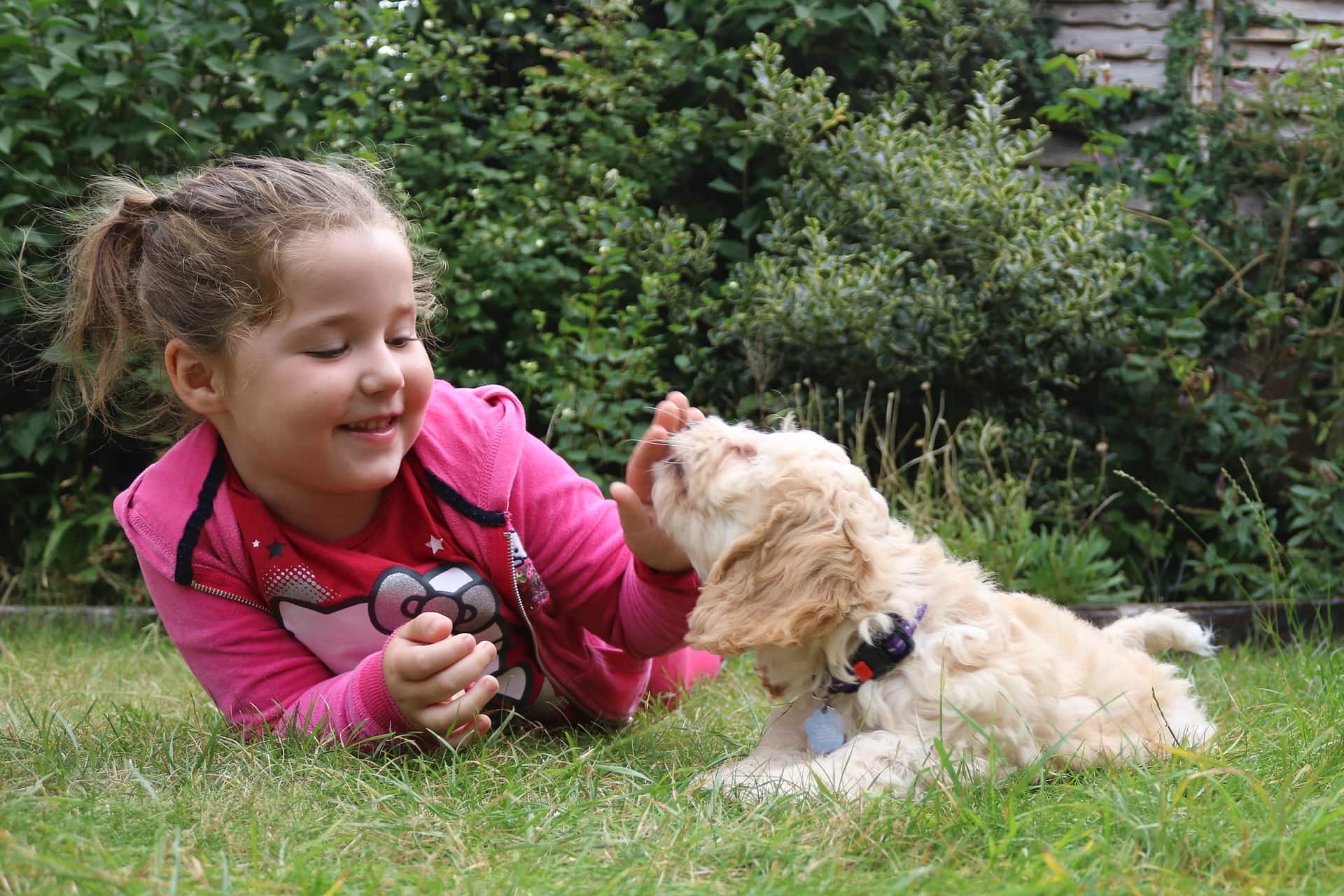
The Hypoallergenic Myth
Cockapoos typically shed less than other breeds, so they may shed less dander around your home. Many people say that this makes them a potentially good choice for people with allergies. Nevertheless, homes with lower-shedding dogs did not have lower levels of household allergens than those with other breeds, according to a study published in the American Journal of Rhinology and Allergy.
Purebred dogs with lower shedding tendencies include Poodles and Portuguese Water Dogs, as well as mixed breeds with Poodle parentage, such as Labradoodles (puppies of a Labrador retriever and a Poodle). Although it is not scientifically proven, many people find that lower-shedding dogs can often be a good choice for people with allergies, although no dog is completely hypoallergenic.
A quality vacuum and a pet air purifier can provide you with more protection from pet allergens. If you suffer from severe allergies, we recommend consulting your doctor before getting a new pet.

Conclusion
In conclusion, although some people believe that Cockapoos are hypoallergenic, the reality is that this is not always the case. If you are concerned about potential allergies, it is best to ask your doctor and your veterinarian before buying a Cockapoo. If you have severe allergies to dogs, it is not likely you will be able to live with a Cockapoo or any other type of “hypoallergenic dog”.
Related Read:
- Male vs. Female Cockapoo: Which One Is Right for Me?
- How to Potty Train Your Cockapoo (7 Easy Steps Guide)
Featured Image Credit: Lee Ph, Shutterstock



